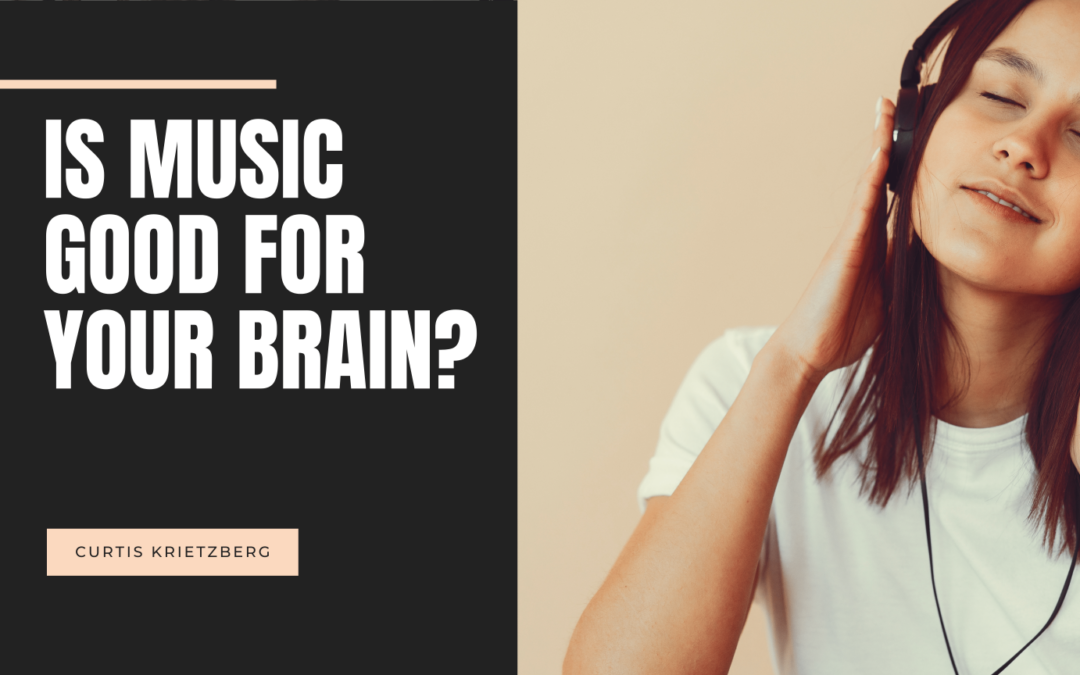Music, an age-old companion to humanity, has transcended time, bringing joy and delight to listeners throughout the ages. While often viewed simply as a source of entertainment, music’s influence on the human brain extends far beyond mere enjoyment. In this article, we delve into the scientific underpinnings of how music impacts the brain and why it serves as a powerful ally in nurturing mental health.
What Happens in Your Brain When You Listen to Music?
When we immerse ourselves in music, our brain ignites a symphony of activity, reported on by Harvard Health. The auditory cortex takes center stage, processing the auditory stimuli we perceive. However, music also orchestrates a harmonious interplay with other regions of the brain, including the amygdala, hippocampus, and prefrontal cortex.
The amygdala, the guardian of our emotional realm, is activated when music elicits powerful emotional responses. Meanwhile, the hippocampus, entrusted with memory functions, has been shown to benefit from music’s influence, enhancing memory recall and information retention. And let us not forget the prefrontal cortex, the conductor of our decision-making and impulse control, which music has been proven to refine and elevate.
Benefits of Music for the Brain
The advantages of engaging with music on a cognitive level are manifold, encompassing:
Improving Memory
Scientific studies, one of which was conducted by Lutz Jäncke, have unveiled the capacity of music to improve memory and facilitate more effective information recall. Notably, music has exhibited remarkable potential in aiding individuals with Alzheimer’s disease in recollecting past memories, as the Alzheimer’s Association reports.
Reducing Stress
The therapeutic nature of music exerts a soothing influence on the brain, effectively diminishing stress and anxiety levels. By providing a tranquil ambiance, music helps individuals unwind and achieve a state of relaxation, thereby promoting easier sleep.
Boosting Mood
Immersing oneself in music can prove transformative, elevating mood and fostering a sense of happiness. This phenomenon is attributed to the release of dopamine, a neurotransmitter associated with pleasure and reward.
Increasing Productivity
Harnessing the power of music while engaged in work has been shown to improve focus and amplify productivity. By acting as a shield against distractions, music enhances cognitive function, enabling individuals to tackle tasks with heightened efficiency.
Enhancing Learning
Research has illuminated the potent impact of music on the learning process. Listening to music while studying has been found to enhance learning and bolster information retention, facilitating a more effective educational experience, as the Florida National University reports.
Conclusion
Music weaves a multifaceted pattern of benefits for the brain. Its capacity to enhance memory, reduce stress, elevate mood, amplify productivity, and foster learning is unparalleled. Regardless of one’s preference for classical, pop, or rock, the world of music holds something transformative for every individual seeking to care for their mental well-being. So, the next time you don your headphones or tune in to the radio, remember that you are not only immersing yourself in an auditory masterpiece but also nurturing your mental health and well-being.

